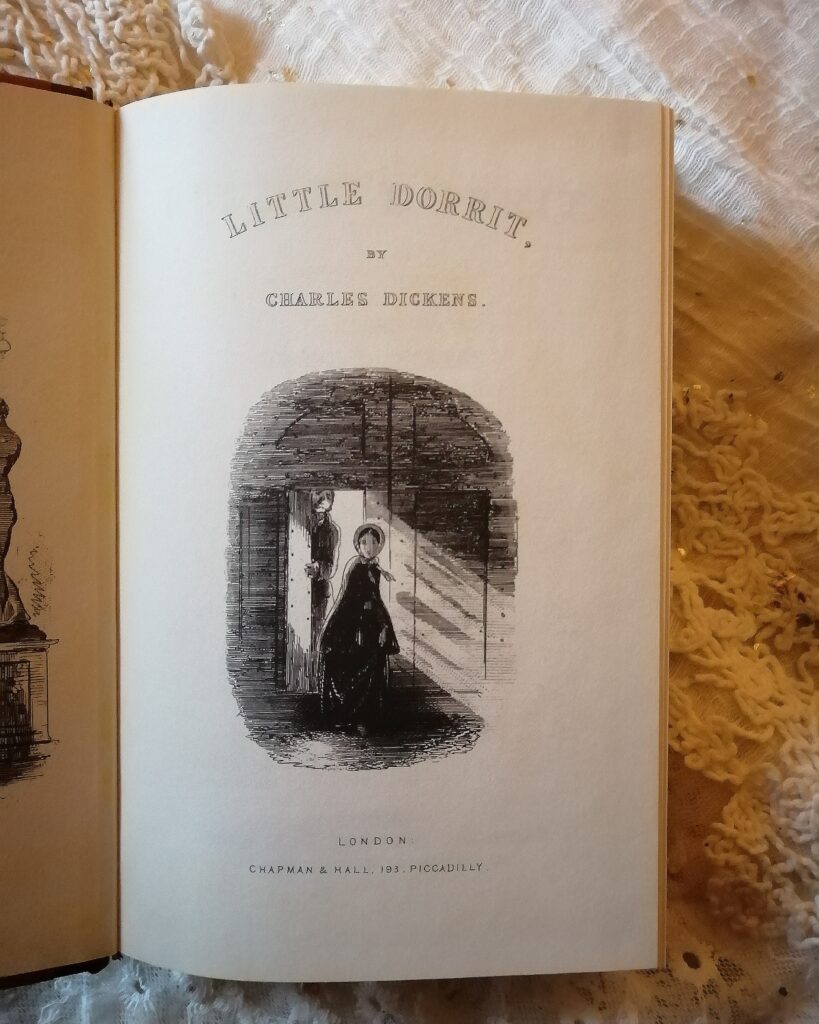Lesson #143: Mini-Lesson Monday (Part 2): Three Things Your Writing Needs If You Want To Be Understood Well
In the first part of this lesson (see previous post), we talked about small changes you can introduce in your writing that make a huge difference in how others read and understand it. After all your effort writing something, the last thing you want is for someone to skim or even ignore all you had […]




